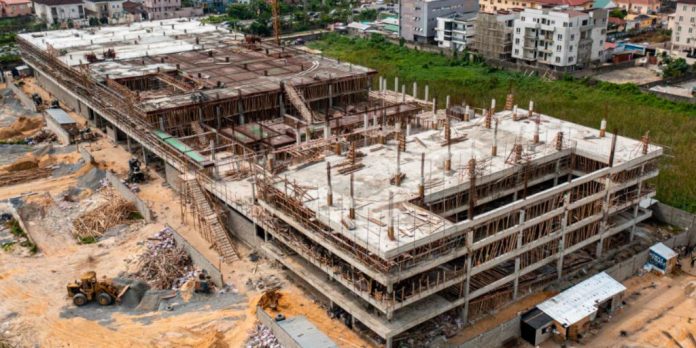PricewaterhouseCoopers Nigeria has revealed in a new report that an estimated $900 billion worth of dead capital is locked up in residential real estate and agricultural land in Nigeria.
The multinational professional services network highlighted this concerning figure in its report titled ‘Nigeria Economic Outlook: Seven trends that will shape the Nigerian economy in 2024.’
The dead capital includes abandoned properties owned by the Federal Government, which is estimated at N230 billion. Despite having a housing deficit of approximately 28 million units and an expected population of 223.8 million in 2024, the demand for housing remains depressed due to factors such as high rental and construction costs, along with declining disposable incomes.
PwC’s estimation of $900 billion in dead capital underscores the challenges in Nigeria’s real estate sector, where many properties have undocumented or informal land titles. This lack of proper documentation makes it difficult for property owners to prove ownership, hindering their ability to fully utilize the economic value of their assets. Additionally, bureaucratic procedures, corruption, and inefficient legal frameworks contribute to the existence of dead capital in the real estate market.
Last October, the Federal Government announced plans to unlock over $300 billion in ‘dead’ capital in the housing sector through a series of reforms and collaborations with stakeholders. The reforms aim to enhance investment and finance opportunities for sustainable real estate projects, addressing the country’s housing deficit. The government plans to amend the Land Use Act to streamline land administration and implement reforms in key agencies like the Federal Mortgage Bank of Nigeria and the Federal Housing Authority. The goal is to create a conducive environment for increased private sector investment in housing, breaking institutional, legal, and bureaucratic barriers that have hindered sector growth.













